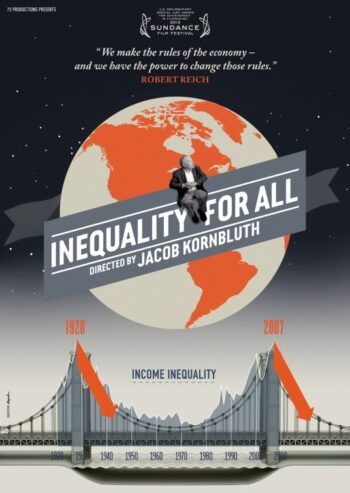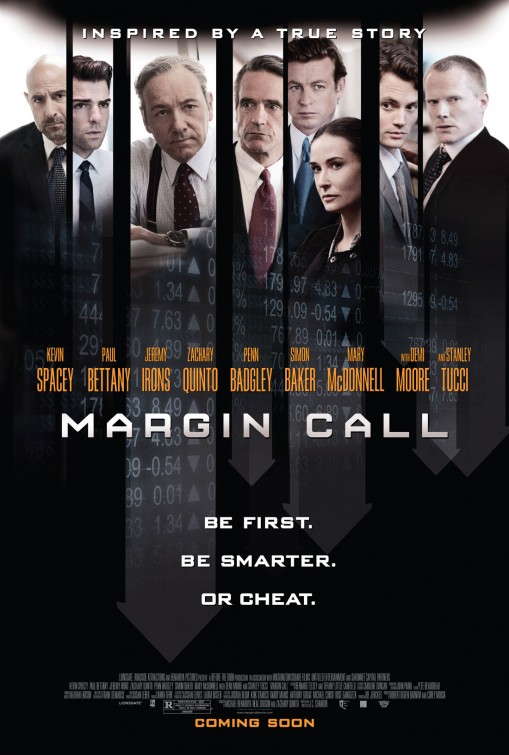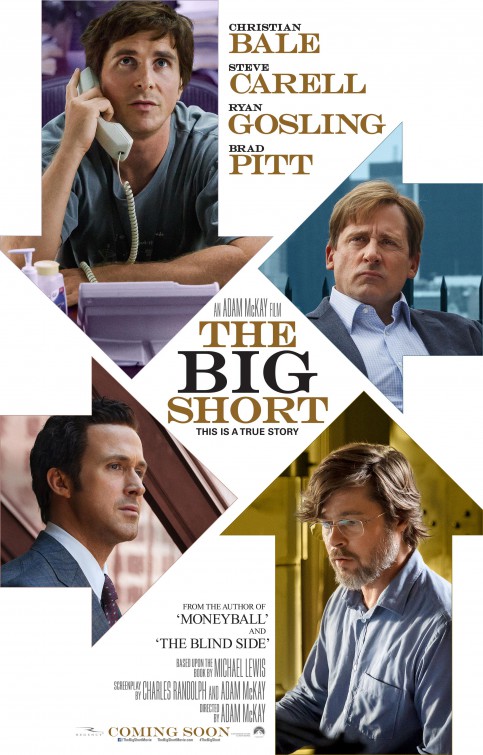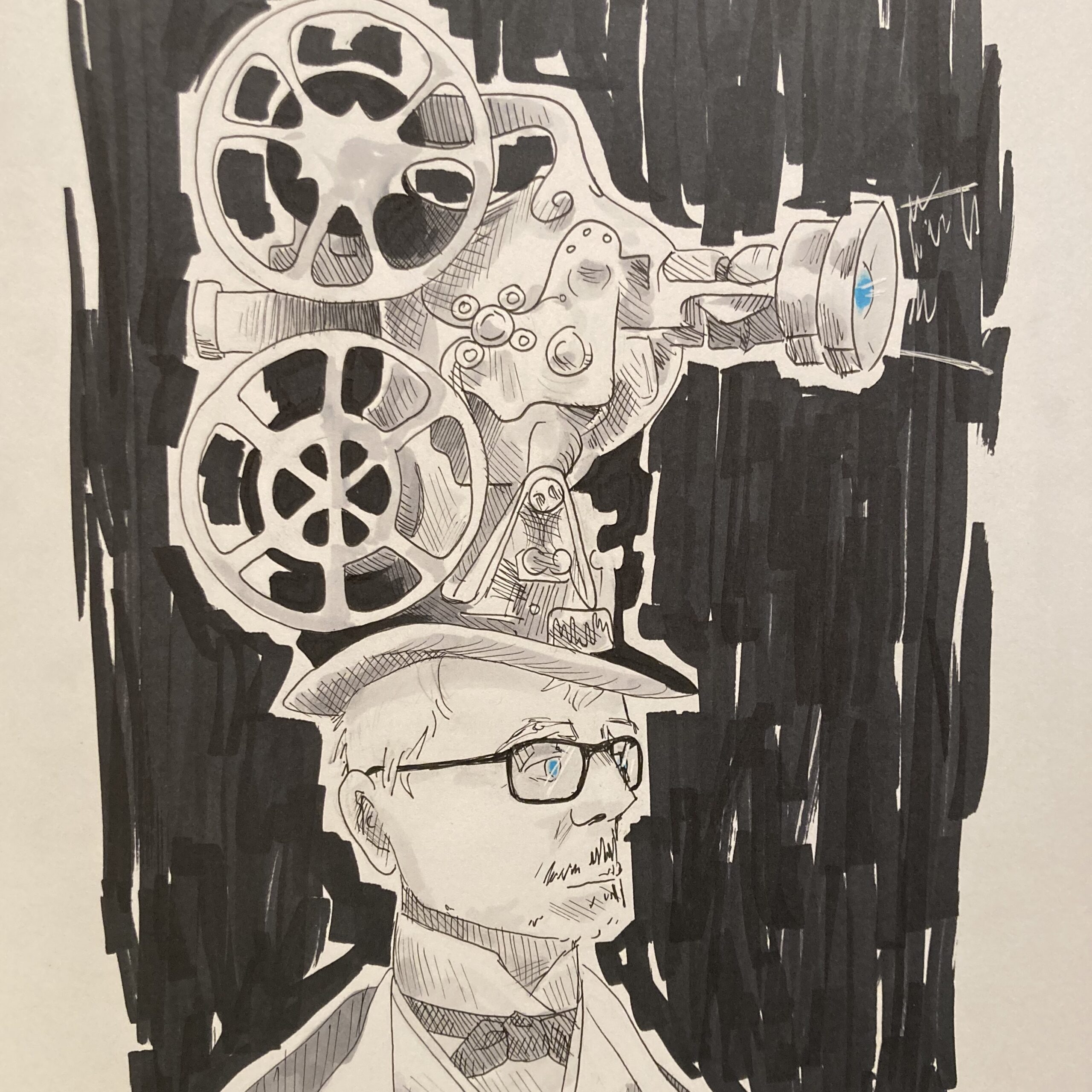“We make the rules of the economy – and we have the power to change those rules.”
Possession of a steady income leads to asset accumulation that can, over time, lead to wealth and make a person immune to the tides of financial markets or personal catastrophe. Jacob Kornbluth’s lecture-documentary Inequality for All (2013) focuses on former Labor Secretary Robert Reich who believes that the societal mechanisms for finding a steady income to accumulate assets and develop wealth are hugely dysfunctional and mostly a lie. In his view the rich have rigged the American system to privilege wealth accumulation in the hands of those who already possess it, thereby reducing the number of on-ramps to security that are supposed to be the legacy of American-style market capitalism.
It’s not a new argument. It’s also not the freshest presentation since many critics have been on the case of income inequality following the Great Recession of 2008, Reich very much among them. Fiction movies like Margin Call (J.C. Chandor, 2011) and The Big Short (Adam McKay, 2015) have even found ways to present academic-seeming material with showy performers and slick narrative tricks.
What Inequality for All offers, instead of star power, is clear explanations of giant social and economic forces that are often turned into lazy aphorisms in popular life (i.e. “Poor people are lazy,” or, “I’m a job maker, not a job taker”). Reich seems genuinely curious about what people think of their circumstances, and whether they understand some of the roots of those circumstances that have been circumscribed by the wealthy and powerful.
Reich’s pitch is that we must find more and better ways to help people access upward mobility. As he puts it, our national success is not a zero-sum game; no one has to lose for someone else to gain, although by making a system that privileges the few over the many we are arriving at a moment of unsustainability that tests the limits of our democracy.

The breath-taking moment appears near the end of the movie. To set it up, it’s important to know that Robert Reich was born in 1946. He grew up receiving the benefits of the post-World War II boom. As a smart guy with outstanding degrees, he performed years of public service and has had a long career in the academy. He also has a bone disorder, Fairbanks disease, that has rendered him small (4’ 11”). In childhood he learned to ally himself with bigger boys to help protect himself from bullies. When one of those allies, Michael Schwerner, was killed in 1964, in Mississippi, while doing voter registration work, Reich determined to be an advocate for the little guy, in his own case quite literally, and stand up to the social and economic forces that seek to harm those who cannot stand on their own.
His solution was, first, government service to test his ideas. Then, second, the solution has been years in the classroom, assisting a new generation in trying to find a steady income to accumulate assets and build wealth to (hopefully) change the world.
–October 31, 2018





